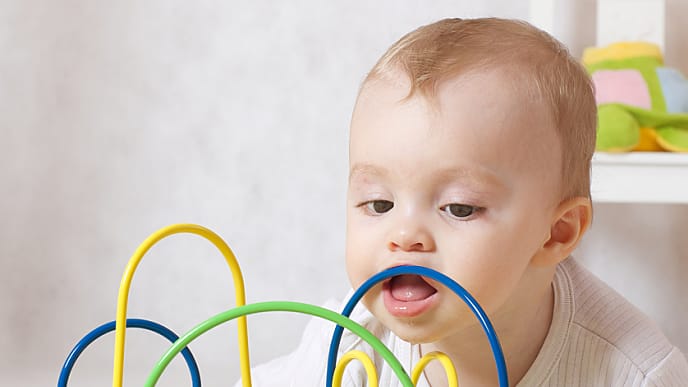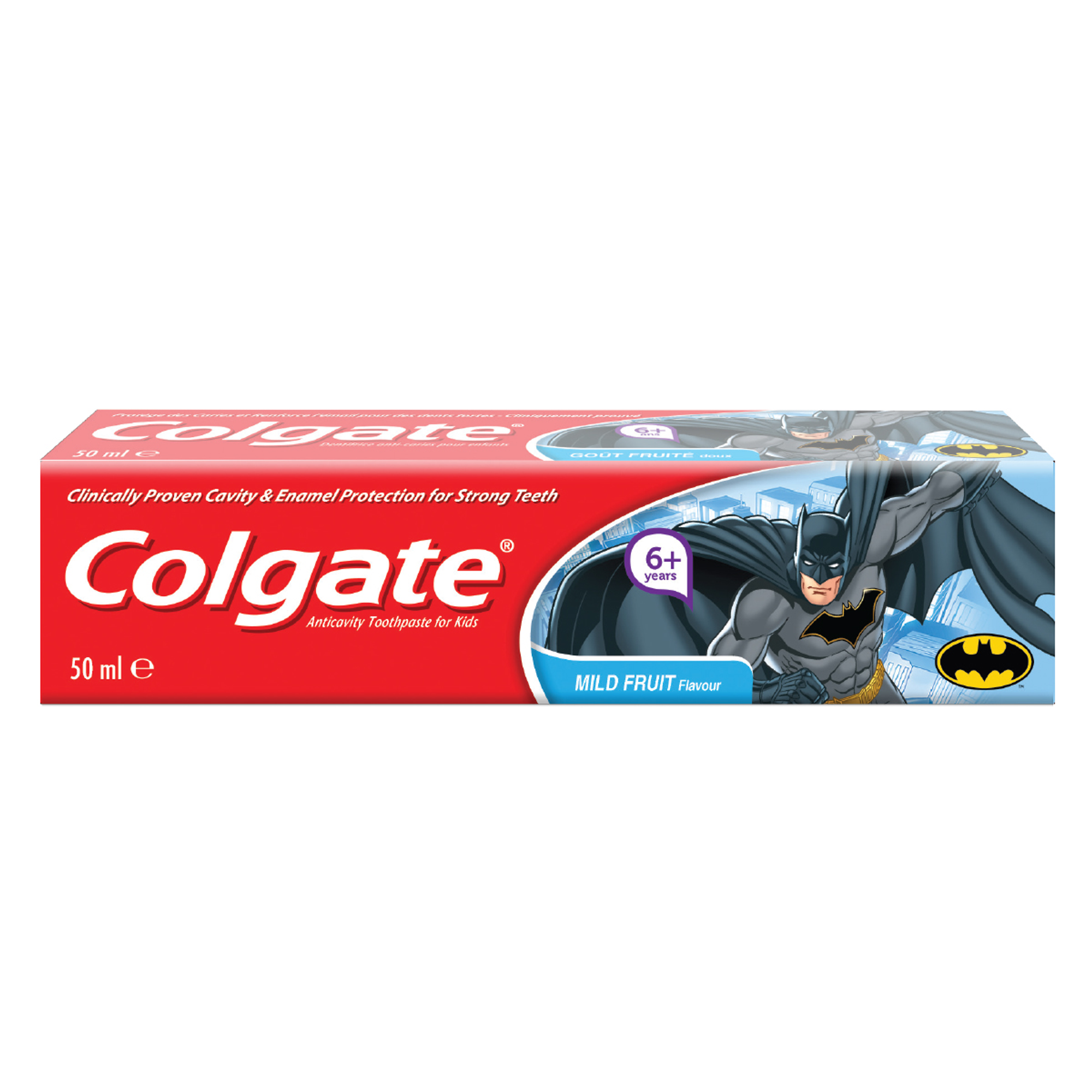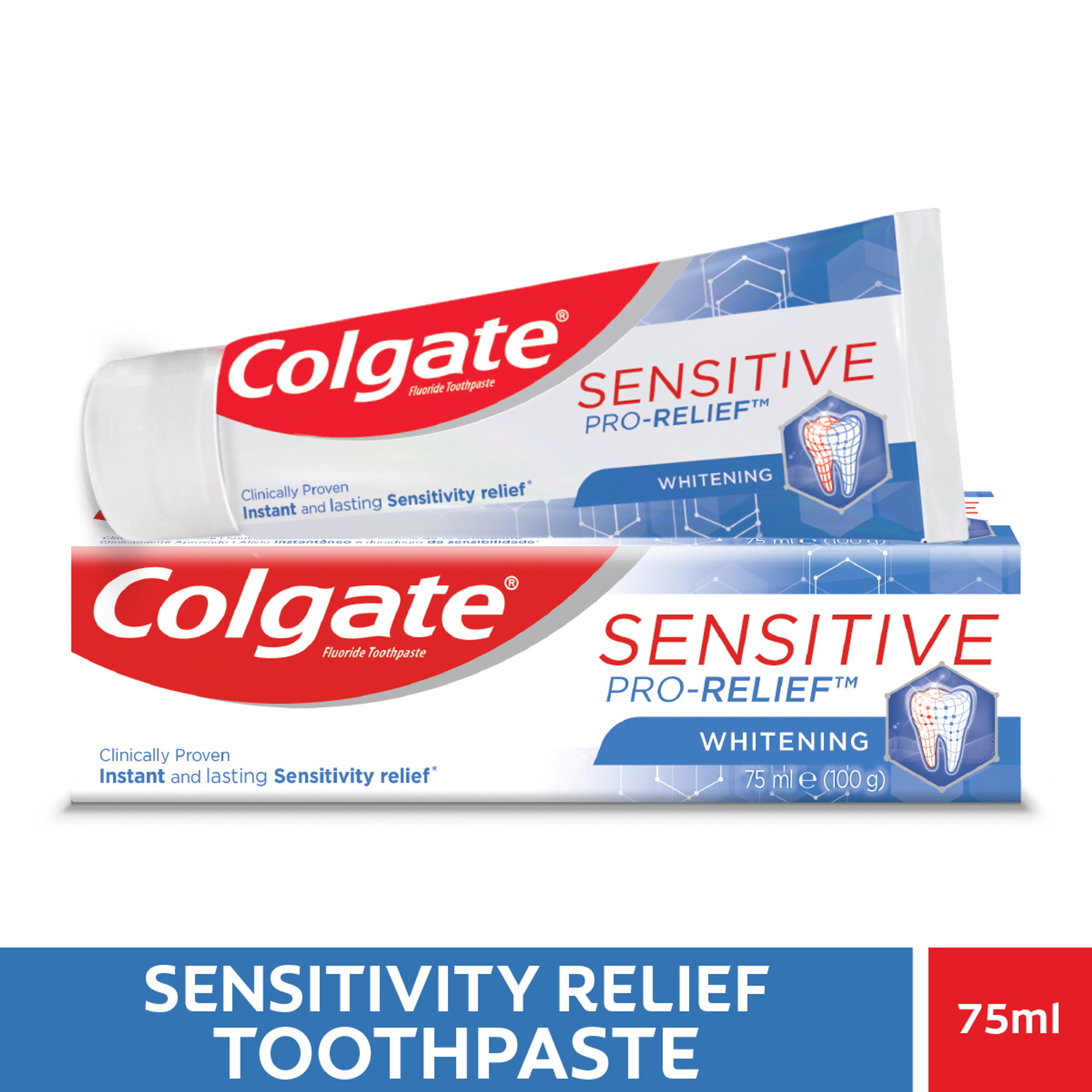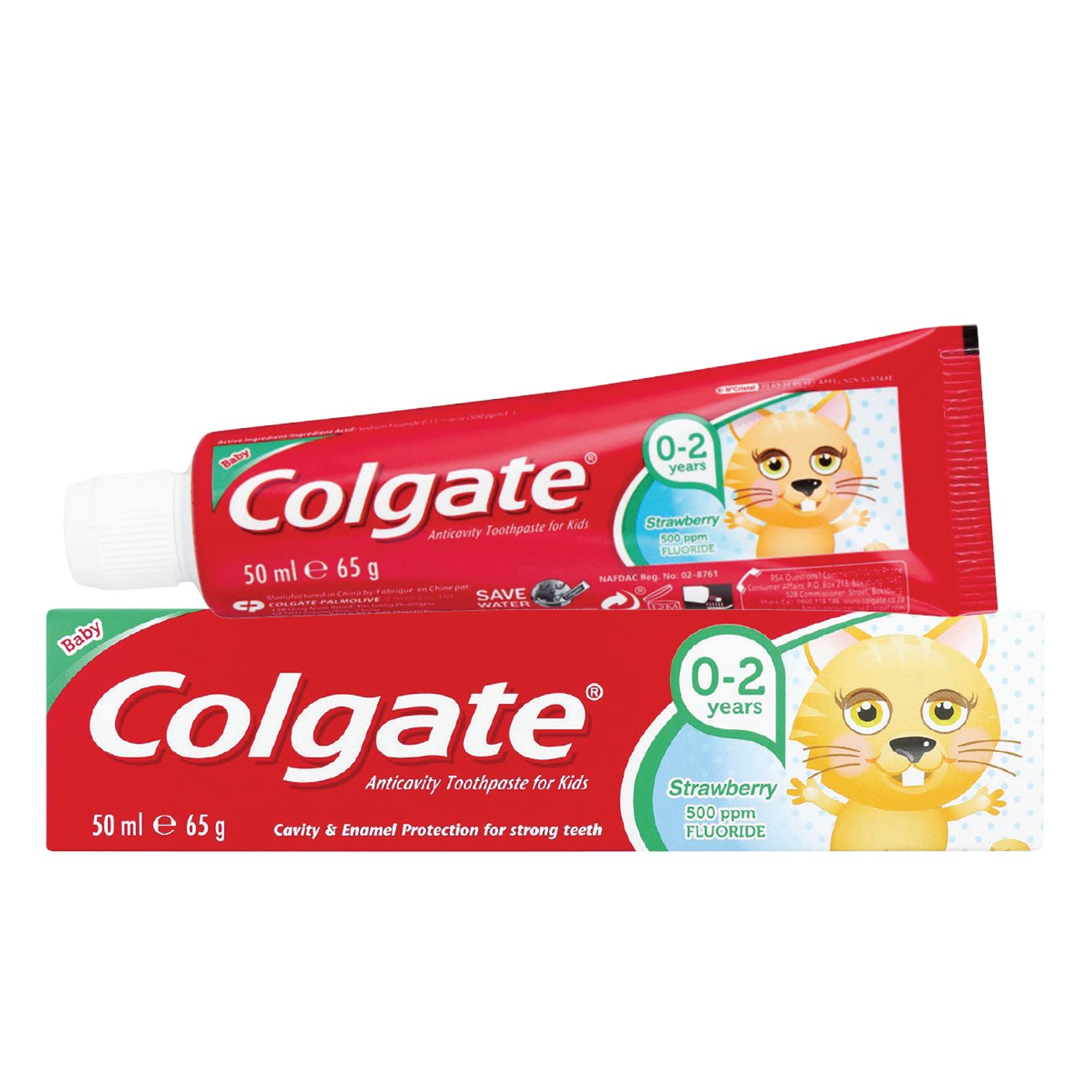-
-

CAVITIES
Can You Heal A Cavity At Home?You feel a sharp pain when you bite down or try to eat. You think it's a cavity, but you're not 100 percent sure...

BAD BREATH
How To Cure Bad BreathMore commonly known as bad breath, halitosis is an embarrassing hygiene issue that nobody wants, but some of us get every now and then...
-
Science & Innovation
- Colgate® | Toothpaste, Toothbrushes & Oral Care Resources
- Oral Health
- Top Teething Symptoms


Typically some time around six months of age, your baby's first tooth will poke through the gum. While you may not be able to predict the exact moment of this first tooth's grand appearance, there are a few (somewhat unpleasant) signs that a tooth is on its way. Teething is different for each baby, but most will experience some, if not all, of the following teething symptoms:
- Swollen gums. Almost every baby will experience swollen gums to one degree or another. As a new tooth begins to erupt, the surrounding area will become swollen and tender.
- Drooling. It's amazing how much drool can come out of such a tiny baby! Teething will most likely cause your little one to produce copious amounts of saliva, even months before that first tooth.
- Skin rash. A rash on your baby's face or chin is nothing to worry about. It's usually caused by excessive drooling (above). Try to wipe off the drool as it occurs, but if your baby already has chapped skin, simply moisturize the area until it heals.
- Pain. For some babies, teething is a very painful experience, while others seem to breeze right through it. Most babies do, however, experience these teething symptoms and express it through crying and irritability.
- Irritability. You guessed it - your baby's teething discomfort will probably make him/her feel crabby and irritable. For some babies, this passes quickly; for others, it can last up to weeks at a time.
- Chewing. Babies learn pretty quickly that counter pressure relieves the discomfort of teething. When your baby starts teething, there's a good chance he/she will grab whatever he/she can find - from teething rings to his/her own fingers - and start gnawing away.
- Loss of appetite. The suction generated by drinking from bottle or breast may be uncomfortable for teething babies, so they may be reluctant to eat. Even babies who have graduated to solids may start shunning their meals. Call your pediatrician if your child misses more than a couple feedings.
- Sleep problems. If your little one is uncomfortable during the day, there's a good chance he will be during the night as well. Babies are known for waking up during the night when teething, even if they've been sleeping through the night for months.
Related Products

Helping dental professionals
More professionals across the world trust Colgate. Find resources, products, and information to give your patients a healthier future











